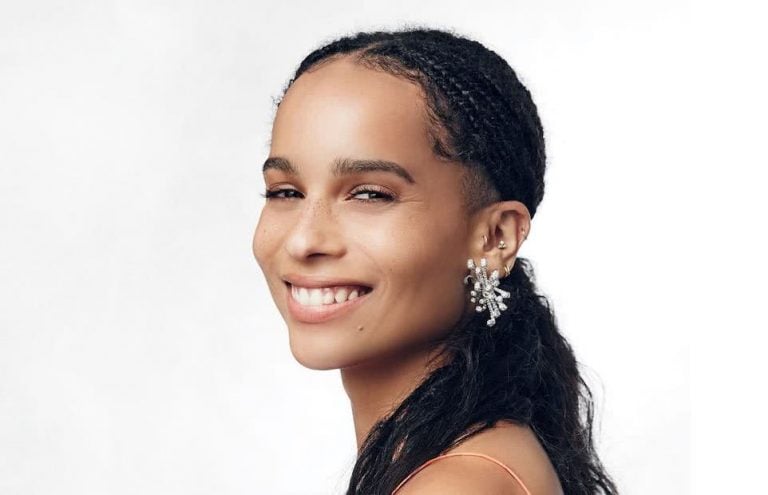In a new interview, The Batman star Zoë Kravitz revealed that she was rejected for a part in The Dark Knight Rises for being too ‘urban’.
In a new interview with The Observer, The Batman star Zoë Kravitz revealed that she was rejected from a role in Christopher Nolan’s The Dark Knight Rises for being ‘urban’. While Kravitz – who now plays Catwoman in Matt Reeves’ The Batman’ – did not specify which role she auditioned for, she did say her skin colour played a part in the rejection.
“I don’t know if it came directly from Chris Nolan,” she told the publication. “I think it was probably a casting director of some kind, or a casting director’s assistant.”
“Being a woman of colour and being an actor and being told at that time that I wasn’t able to read because of the colour of my skin, and the word urban being thrown around like that, that was what was really hard about that moment.” she added.
During her chat, she also opened up about being conscious to not pick roles that risk pigeonholing her, specifying that her agent won’t pass on roles explicitly about race.
“At one point, all the scripts that were being sent were about the first Black woman to make a muffin or something. Even though those stories are important to tell, I also want to open things up for myself as an artist.” she said, before diving into why her role on Big Little Lies was a turning point for her.
“It was originally written for a white person,” she said, before saying that being on set for the award-winning show sometimes felt ‘uncomfortable’.
Love Film & TV?
Get your daily dose of everything happening in music, film and TV in Australia and abroad.
“There were a few moments where I felt a little uncomfortable because it is such a white area. Just weird racist people in bars and things like that.” she added.
Kravitz also opened up about learning to accept herself, and the part her parents played in it.
“I felt really insecure about my hair, relaxing it, putting chemicals in it, plucking my eyebrows really thin. I was uncomfortable with my blackness. It took me a long time to not only accept it but to love it and want to scream it from the rooftops.” she said, before clarifying that the change came only after she realised what it meant.
“For my grandmother to get a job on The Jeffersons, and be a Black woman on TV, and what it meant for her to be in a biracial relationship on television. And to hear stuff that my mother tells me about being a biracial girl in the 1970s, and being abused or being spit on, and what that felt like, you know?” she said.
She added: “I think they were more focused on trying to make sure I understood that despite the colour of my skin I should be able to act or dress or do whatever it is I want to do.”

































